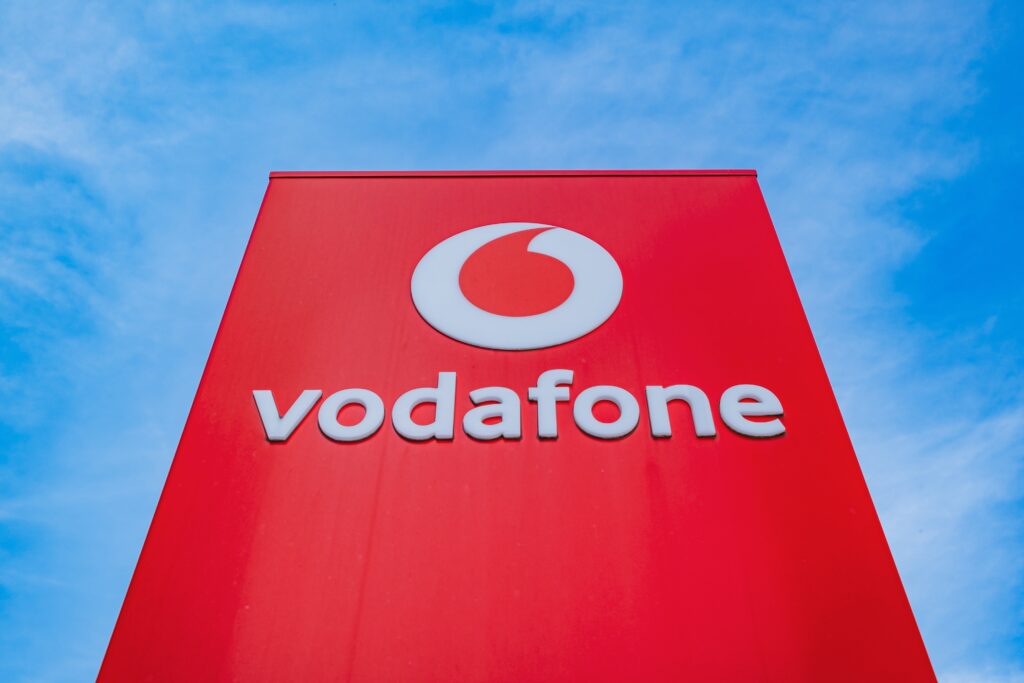Vodafone franchisees raised alarms about the “massive impact” commission cuts were having on their mental health four years before 62 business owners launched a £120m high court claim against the telecoms giant.
In 2020, franchisees reported suffering from stress, anxiety, and depression after Vodafone reduced the fees paid to small retailers for selling certain products and services. The cuts followed months of uncertainty caused by the Covid pandemic.
A survey conducted that year by a committee of Vodafone franchisees found widespread dissatisfaction. Respondents gave just 1.75 out of five when asked if they trusted Vodafone’s word, and 1.67 when asked if they felt valued by the company.
Of the 119 responses, 78 franchisees left comments on wellbeing, with most accusing Vodafone of damaging their mental health and family lives. One wrote: “My mental health has become very poor as I am suffering from anxiety and spells of depression.” Another said: “I struggle to sleep and suffer panic attacks … brought on by the current changes.”
Franchisees have since told the Guardian that pressure from Vodafone executives triggered suicidal thoughts and left many fearing the loss of homes, savings, and livelihoods, with debts surpassing £100,000. MPs have even compared aspects of the dispute to the Post Office Horizon IT scandal.
Vodafone said in response: “We are sorry to any franchisee who has had a difficult experience. At Vodafone UK we encourage anyone to raise issues in the knowledge they will be taken seriously, and we always seek to resolve any issues raised. We continue to run a successful franchise operation, and many of our existing franchisees have expanded their business with us by taking on additional stores.”
The company has launched a fourth investigation into the historical conduct of its franchising division. It “strongly refutes” the allegations in the lawsuit, describing it as a “commercial dispute” it will defend.


